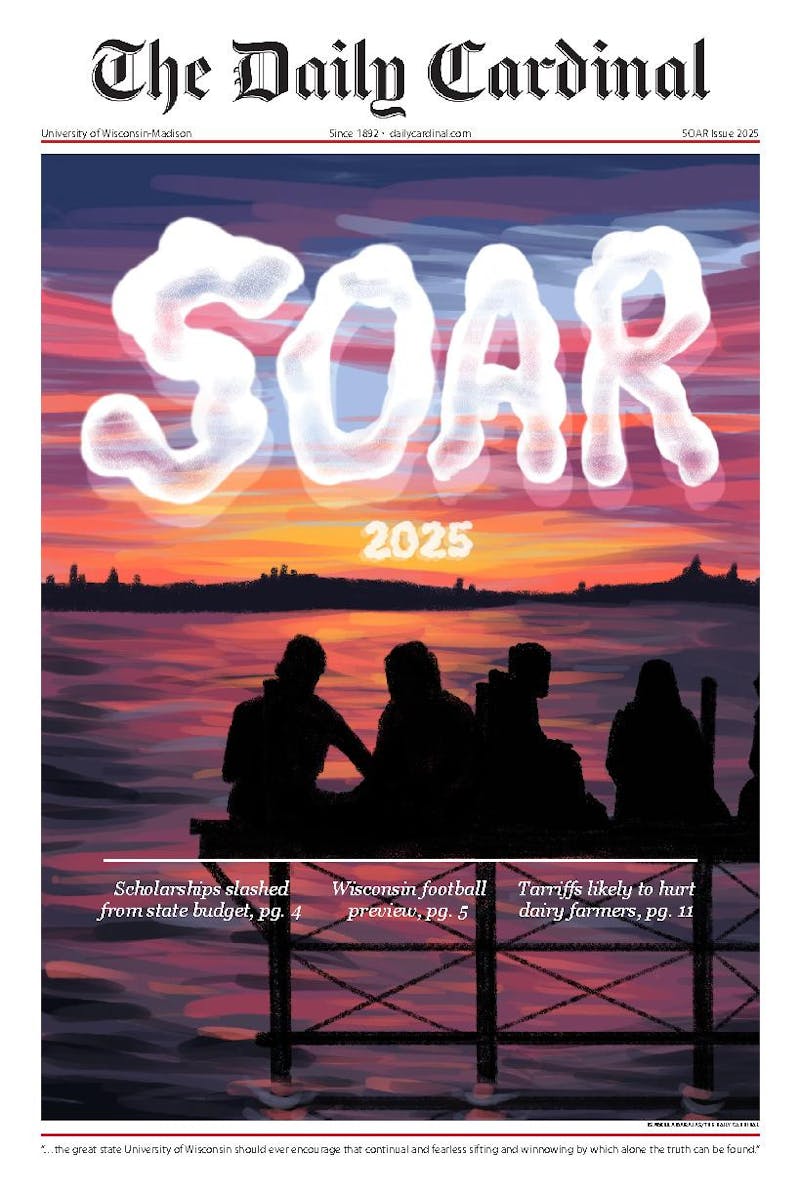Tuesday the Assembly convened at the Capitol and voted to pass the Republican-authored middle class tax-cut plan.
With a GOP majority controlling the vote, the Assembly Bill 4 passed 61-33. The proposed legislation would tap into the state’s surplus of nearly $600 million to reduce taxes for families earning less than $150,000 and individuals earning less than $100,000.
During consideration of the bill in the Assembly, Republicans defended the bill as responsible and fair, arguing that the surplus should be returned to taxpayers.
Rep. Rick Gundrum, R-Slinger, echoed this, insisting that smart economic policy will continue to provide these sorts or surplus. He criticized Gov. Tony Evers’ budget as a “redistribution scheme,” pointing to proposed tax increases on agriculture and manufacturing.
“The Governor’s proposal is not a middle-class tax cut,” Rep. Gundrum said. “It’s a middle-class tax shift.”
Before moving to the Assembly Chamber, Democratic legislators previewed the Assembly floor session with a media availability to express their concerns about the Republican-sponsored bill.
Democratic Minority Leader Rep. Gordon Hintz, D-Oshkosh, criticized the bill as being rushed, accusing state Republicans of playing “political games.”
He went on to criticize the bill as insufficient in addressing expenditure concerns, arguing that the budget does not take into account long-term revenue solutions.
“It signifies the Washington D.C.-style of Republican budgeting,” Hintz said, urging Republicans to consider both revenues and expenditures when drafting legislation.
Although a major priority and election promise of both parties, future compromise on lowering taxes could be difficult, as Assembly Majority Speaker Robin Vos, R-Rochester, has made it clear there are certain aspects of a bill that won’t pass through the legislature.
During consideration, Assembly Republicans stated they will “never support” increases in income or sales tax, or tax increases on job creators.
Gov. Evers called the plan “irresponsible” on Twitter and is expected to veto the bill if passed by the Senate.






